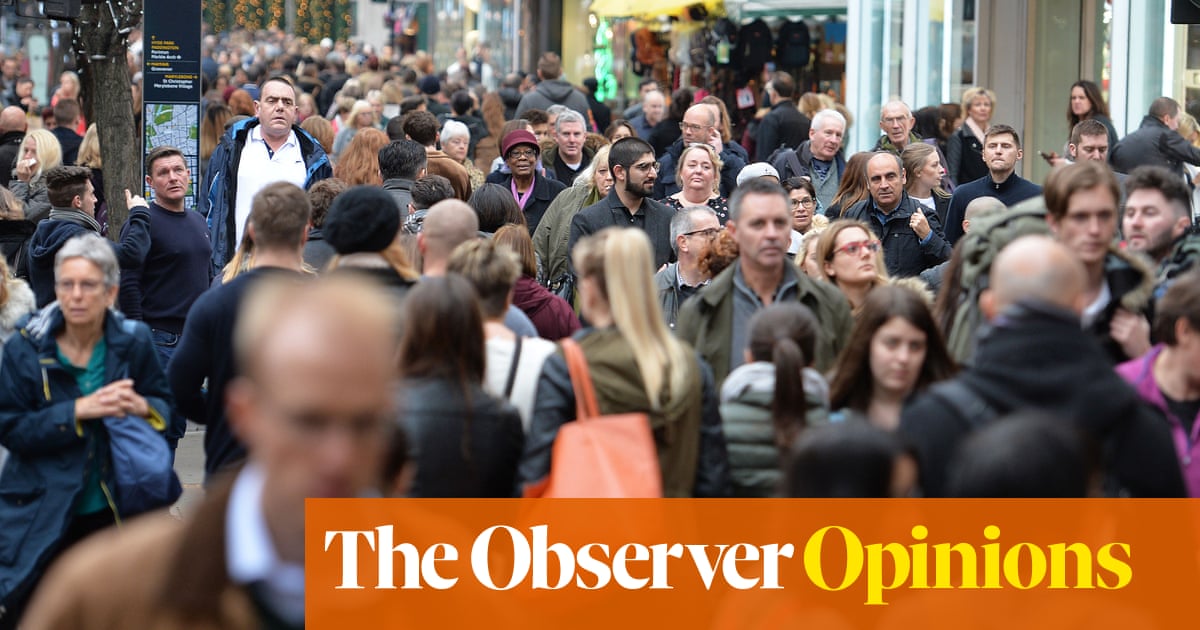
March is the month of women. Starting with International Women’s Day on March 8, the month also sees the annual session of the Commission on the Status of Women (CSW), the largest UN gathering on gender equality (March 15-26), during which the Inter-Parliamentary Union (IPU) releases its “Women in Politics” report. This year, the Organization of Islamic Cooperation (OIC) also marked the month with a milestone achievement: The launch of its specialized Women Development Organization (WDO).
The reports and indications presented at this year’s CSW65 highlighted some progress for women, but also reflected great concern due to some setbacks, especially as a result of the impact of the coronavirus pandemic. The two-week virtual gathering — held under the theme “Women’s full and effective participation and decision-making in public life, as well as the elimination of violence, for achieving gender equality and the empowerment of all women and girls” — ended with the adoption by UN member states of the “Agreed Conclusions.” These recognize the need to significantly accelerate the pace of progress to ensure women’s full participation and leadership at all levels of decision-making in the executive, legislative and judicial branches of government and in the public sector. They also recognized that temporary special measures, such as quotas and increased political will, are needed as an enabling pathway to this goal.
The coronavirus disease (COVID-19) remains a challenge for women — health-wise, economically and socially. The Agreed Conclusions acknowledge that the pandemic is deepening pre-existing inequalities that perpetuate multiple and intersecting forms of discrimination, as well as racism, stigmatization and xenophobia. The data shows that women have been mostly absent from COVID-19 government task forces around the world (they make up only 24 percent of the 225 task force members examined across 137 countries). Such disproportionate representation will hamper women’s recovery from the pandemic, thus prolonging their hardships, considering that COVID-19 has had a staggering impact on women — from their roles as front-line healthcare workers to the loss of jobs, particularly as the informal sector shrinks, and the alarming spike in domestic violence and the unpaid care burden, which threatens to push 47 million additional women into extreme poverty.
Meanwhile, the IPU-UN Women map of women in politics 2021, which provides global rankings of women in executive, government and parliamentary positions as of Jan. 1, shows all-time highs for the number of countries with female heads of state or heads of government (up to 22 countries from 20 last year, with Europe being the region with the most countries led by women) and the global share of women ministers, especially in Europe and the Americas. While women ministers continue to dominate the portfolios covering social, family and women’s affairs, there has been a slight increase in their share of traditionally male-led ministerial portfolios such as defense (up from 11.9 percent to 13.5 percent) and finance (from 10.1 percent to 11.5 percent), plus a significant increase in foreign affairs (from 16.8 percent to 26 percent).
However, despite the growing number of women at the highest levels of political power, widespread gender inequalities persist. Progression among women holding ministerial portfolios has slowed, with a small increase from 21.3 percent in 2020 to 21.9 percent in 2021; the number of countries with no women in government has increased from nine to 12; and only 25.5 percent of national parliamentarians are women, compared to 24.9 percent last year. The ranking of the regions in terms of the percentage of women in parliament is: The Americas (32.2 percent), Europe with the Nordic countries (30.5 percent), Europe without the Nordic countries (29.1 percent), Sub-Saharan Africa (25.1 percent), Asia (20.8 percent), the Middle East and North Africa (19.3 percent), and the Pacific (18 percent). The countries that have the highest percentage of women in parliament are Rwanda (61.3 percent), Cuba (53.4 percent) and the UAE (50 percent).
Although Saudi Arabia is among the countries that have no women in government, and the percentage of women in the Shoura Council remains at 20 percent, the Kingdom has made tremendous progress toward women’s empowerment, including making laws that eliminate discrimination against women, protect them from violence and support their full and effective participation in development at all levels. Saudi Arabia’s Vision 2030 includes the National Transformation Program, which aimed to increase the rate of female participation in the labor market to 25 percent in 2020. This target was exceeded, with the country achieving 31 percent by the end of last year, with Saudi women assuming many leadership positions in various fields.
Meanwhile, the OIC has also gained traction on the road to female empowerment. On March 24, the Ministerial Council of the OIC’s WDO adopted its internal rules and regulations, thus setting it up to start operating. Taking off during an exceptional year, with circumstances that will have a long-term impact, the WDO has its work cut out for it. In addition to the factors highlighted in the CSW and IPU reports, women in many of the 57 member countries of the OIC (currently only 15 of them are members of the WDO) are also severely affected by conflict, instability, underdevelopment, terrorism and extremism, which not only hamper their participation in public life but also threaten their lives.
Despite the growing number of women at the highest levels of political power, widespread gender inequalities persist.
Maha Akeel
Numbers and percentages do not give the full picture and they can be misleading. More important than the number of women in parliament or their percentage in government and the portfolios they hold is the role they actually play, the contributions they make and their engagement in decision-making. Political, cultural, social and legislative barriers continue to hinder women’s full and effective participation in the development of societies worldwide. More concrete measures need to be taken at all levels of government and society that will enable women to play a more active role in decision-making.
Maha Akeel is a Saudi writer based in Jeddah. Twitter: @MahaAkeel1
Disclaimer: Views expressed by writers in this section are their own and do not necessarily reflect Arab News" point-of-view












